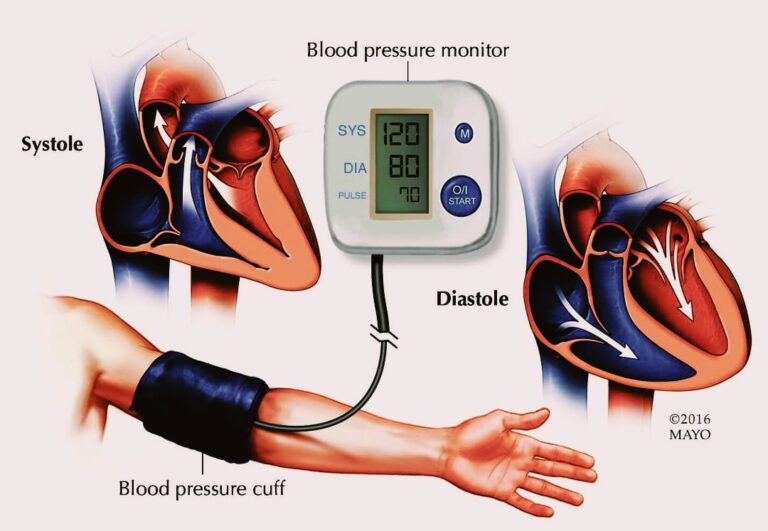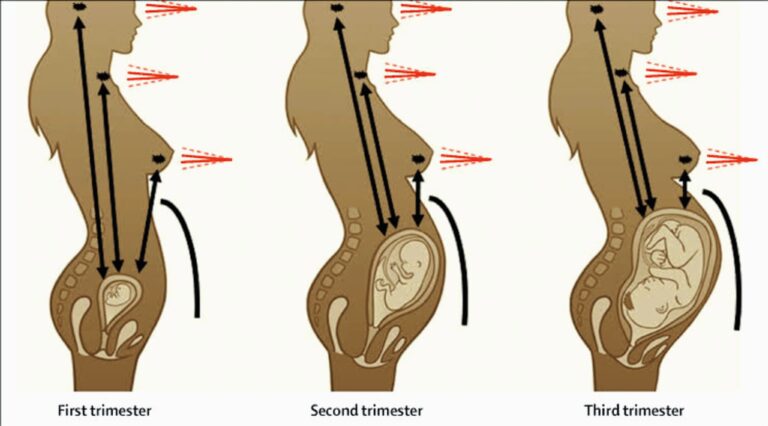Thyroid problems and Symptoms during pregnancy
The thyroid is a tiny, butterfly shaped gland located in the front of the neck that secretes hormones that control the body metabolism and other vital processes. Hormonal changes during pregnancy may have an impact on thyroid function.
Hypothyroidism and Hyperthyroidism during pregnancy
The insufficient production of thyroid hormones by the thyroid gland results in hypothyroidism.
When the thyroid gland generates too many thyroid hormones, the condition known as hyperthyroidism results.
- Hypothyroidism: The impact of during pregnancy untreated hypothyroidism increases the chance of miscarriage, premature delivery, and problems with the baby development. Myxedema is a potentially fatal illness that can result from severe hypothyroidism.
A woman thyroid hormone levels should be regularly examined if she has a history of hypothyroidism before becoming pregnant. To make sure that thyroid hormone levels are within the normal range, medication changes could be required. Levothyroxine is a common drug used to treat hypothyroidism.
Symptoms
- Memory issues: Some hypothyroidism sufferers may have trouble focusing and remembering things.
- Gaining weight: Even with a good diet and fitness regimen, there may be an unexplained increase in weight.
- Constipation: A slowed metabolism may cause this discomfort.
- Swelling: That may occur is edema, or swelling, especially in the hands, face, and legs.
- Hair and dry skin: Brittle hair and dry, coarse skin are symptoms of hypothyroidism.
- Tiredness: Feeling excessively worn out or exhausted.
- Period irregularities: There may be adjustments made to the menstrual cycle, such as heavier or more irregular periods.
- Cold intolerance: Feeling abnormally cold, even in warm weather.
- Hyperthyroidism: Preterm delivery, low birth weight, and preeclampsia are just a few of the issues that can arise from uncontrolled hyperthyroidism. It might also raise the chance of thyroid storm, an uncommon but dangerous illness that needs to be treated right away.
Depending on the severity of the problem, there are many treatment options for hyperthyroidism during pregnancy. Prescriptions for antithyroid drugs such methimazole or propylthiouracil (PTU) may be issued. The advantages for the mother and any possible hazards to the unborn child must be balanced while selecting a medicine, though. Pregnancy is normally avoided when receiving radioactive iodine and some other therapies.
Symptoms
- Tiredness: Ironically, despite having a higher metabolic rate, some women may feel weak and exhausted.
- Increased Heartbeat: It can cause an elevated heart rate. Pregnant women may a feeling of a racing heart.
- Tremors: There may be slight tremors in the hands or fingers.
- Anxiety and Nervousness: It may cause irritability, anxiety, and nervousness.
- Increasing Frequency of Bowel Movements: Hyperthyroidism may cause a rise in the frequency of bowel movements.
- Heat Intolerance: It may have an impact on the body capacity to control its temperature, which may result in a heat intolerance and excessive perspiration.







